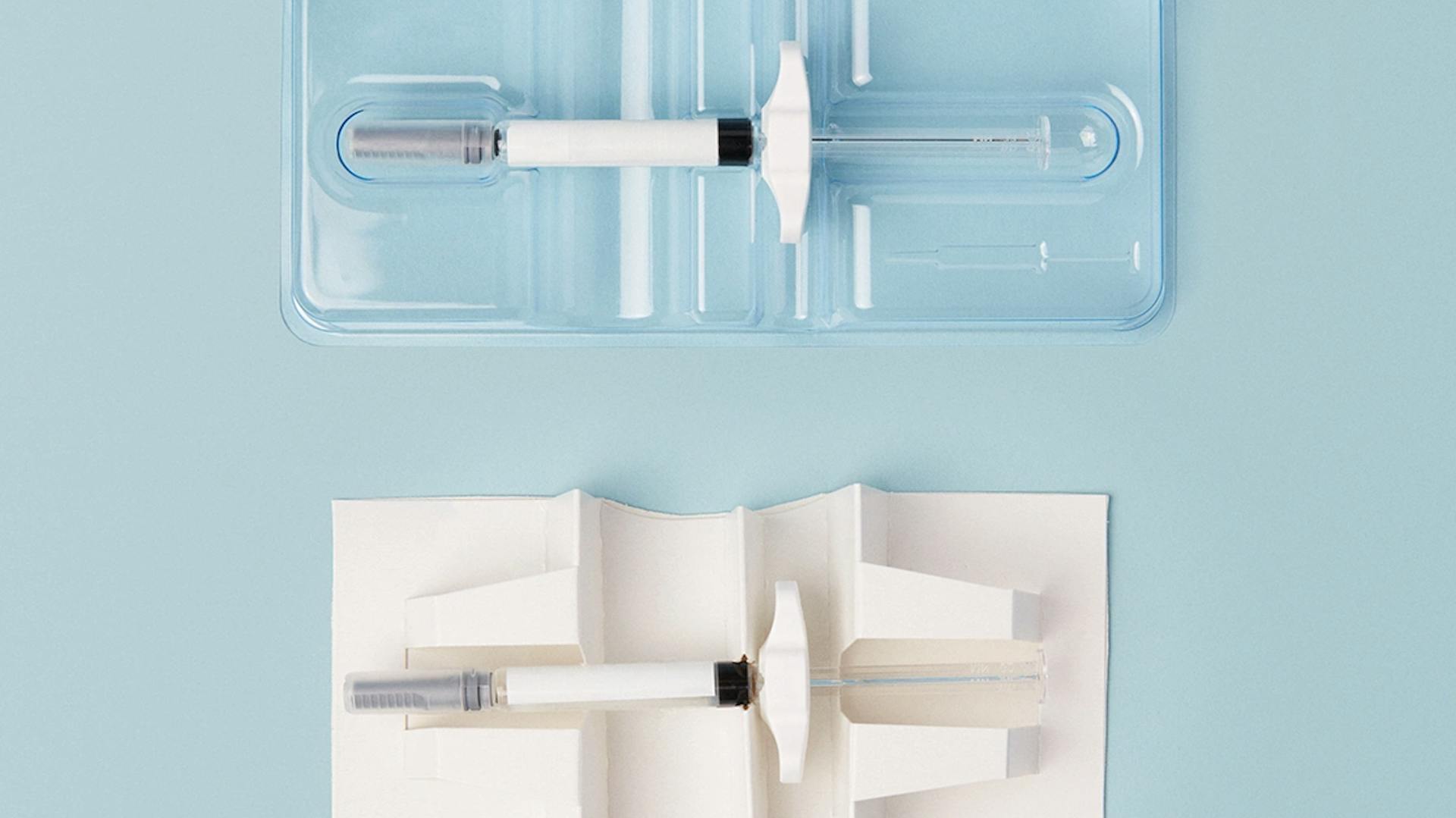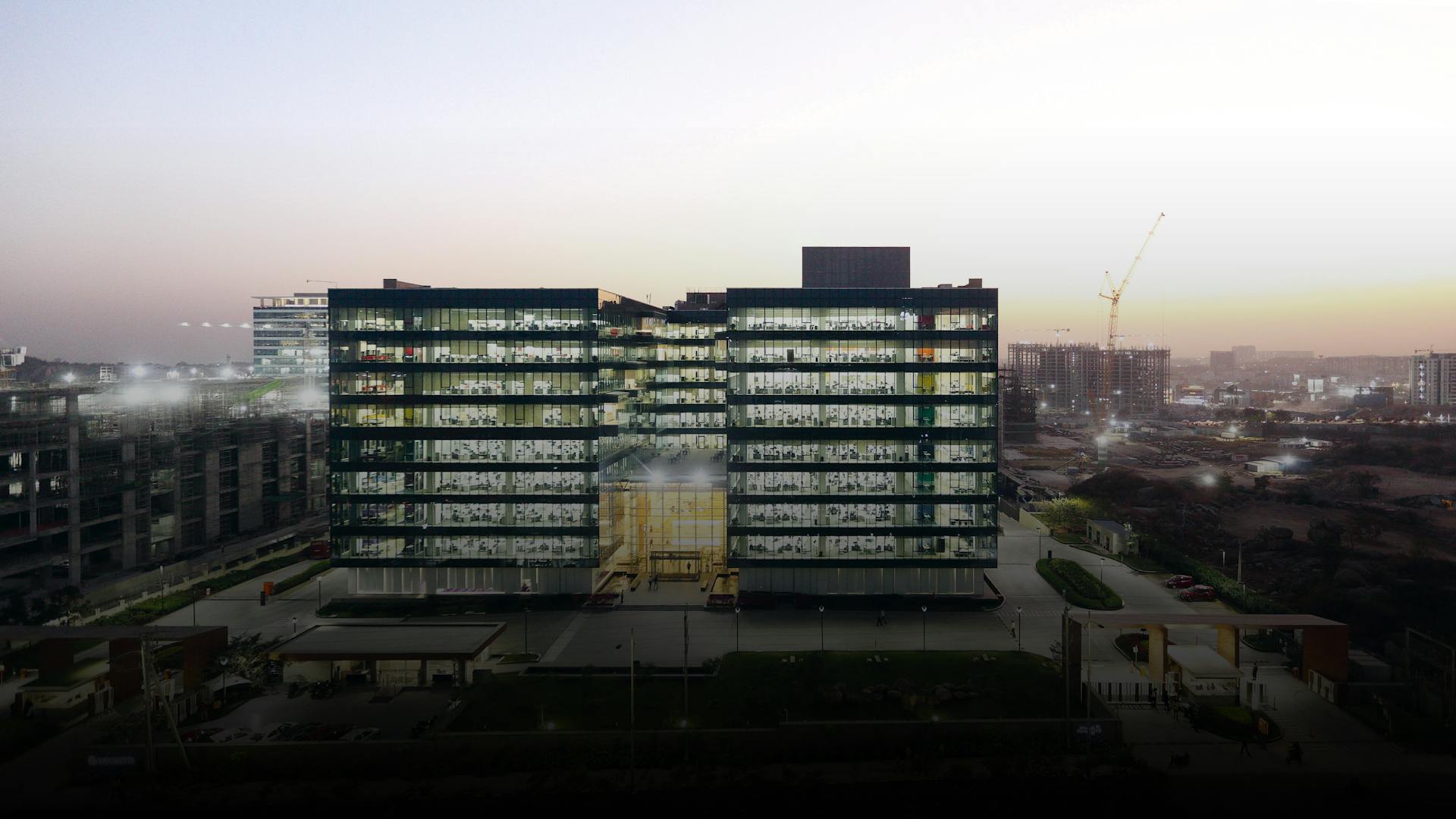
Green Champions
Published on 25/09/2020
Text by Goran Mijuk, photos by Laurids Jensen







Daniela Kessler - Head HSE Supplier Assurance and Risk
“It is not about we (Novartis) and them (our suppliers), it is about us and the difference we can make. We see our role as being a catalyst for positive change around environmental sustainability.”
The fight against climate change may seem ideological at times, with some activists using moralist slogans to pressure opponents to adopt their views or even seizing on the tools of cancel culture to silence adversaries. The actual fight against global warming, however, is fought in science and technology, where researchers and engineers are working hard to develop new techniques to reduce our dependency on fossil-based materials, which are still ubiquitous in most industries
While Novartis has a long history in trying to reduce its climate impact – be it the construction of energy-efficient lab and office buildings, its use of water in drug production or its dependence on toxic, oil-based materials in research labs – a new generation of scientists is working to protect the climate and help achieve the company’s ambitious environmental targets.
Their goals are neither idealistic nor driven by a false understanding to comply with legal requirements. They all have a scientific mindset and are aware that we can only halt climate change and rising temperatures if we find breakthrough solutions to reduce our dependency on fossil fuels, which have powered our economies for the past 200 years.
The idea is not simply to improve existing processes but to think of completely new ones that can make a sustainable difference. Fabrice Gallou and Thierry Schlama, for example, are working on a new kind of chemistry and biology that can help the pharmaceuticals and chemical industries reduce oil-based solvents and save tons of toxic material, which are still necessary today to produce medicines.
Others, such as Yves Steffen and his colleagues, are trying to reimagine how to package medicines without the help of PVC. This is not an easy endeavor. PVC, despite its obvious environmental side effects, is such an ideal material for distributing drugs that it will be hard to develop a new material that has the qualities to replace it. Steffen and his team, however, are willing to take up the challenge.
While an uphill battle is unavoidable, innovation is an absolute must if the world is to halt climate change and stop a dangerous warming of the planet, which could rob millions of people of their livelihood. Continuing the status quo is not an option. As the world aims to limit global warming to 1.5 degrees Celsius above preindustrial levels, scientists and engineers also need to go back in time and not only reinvent industrial processes from scratch, but create them in a sustainable fashion.
For the scientists at Novartis this is not a lofty goal. It is a must.





